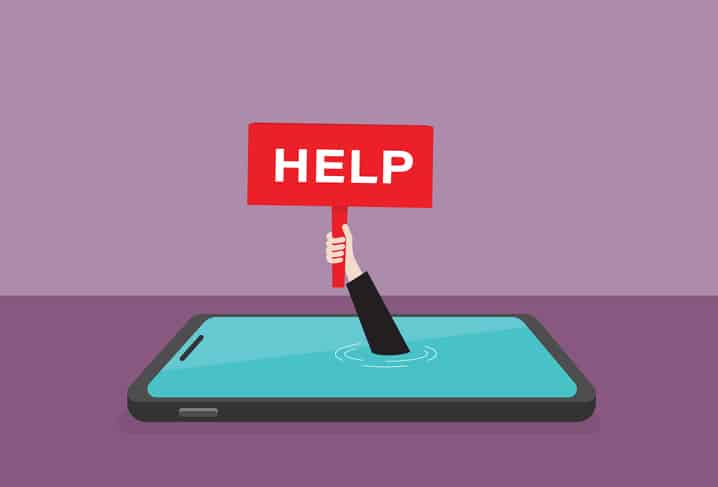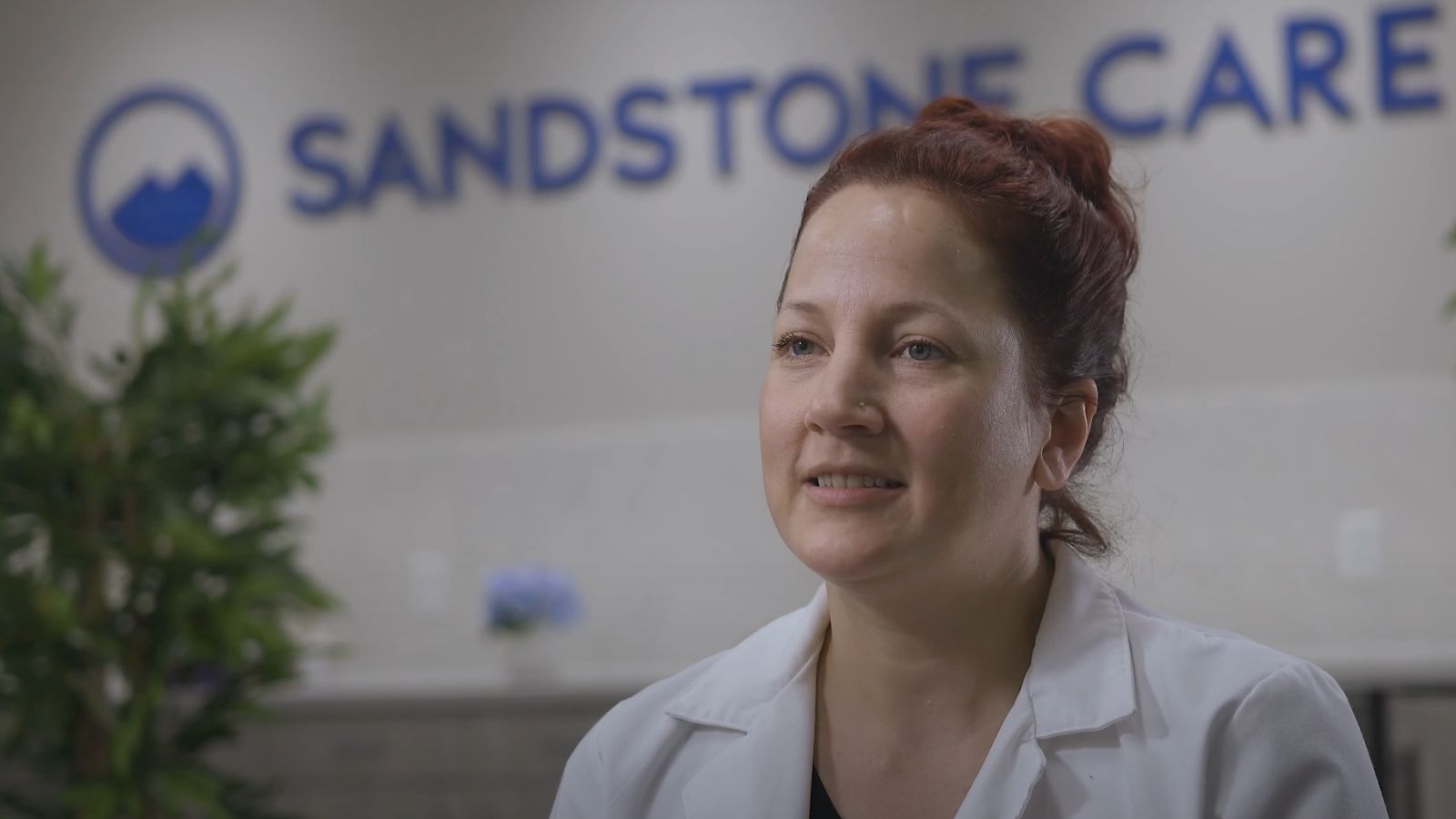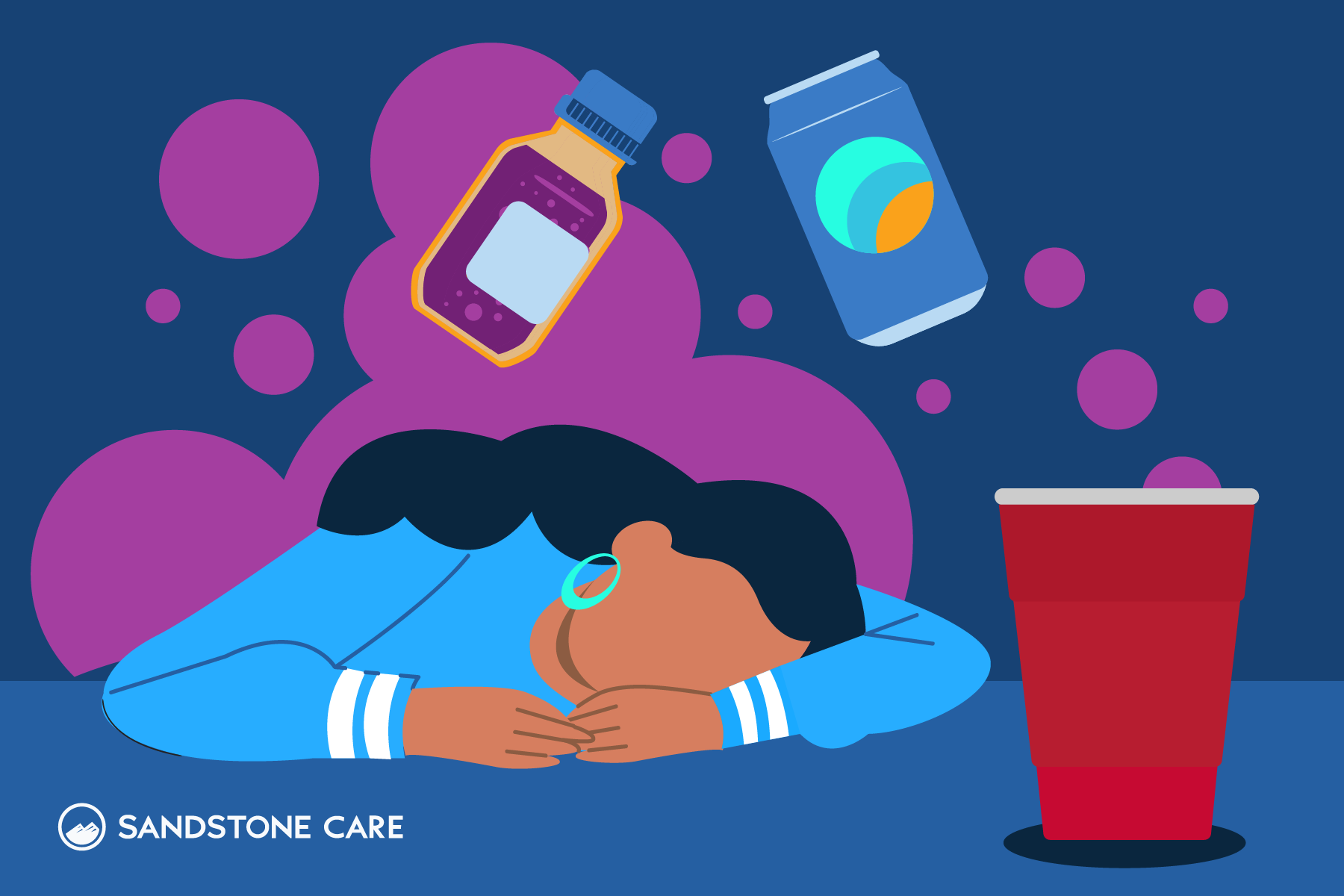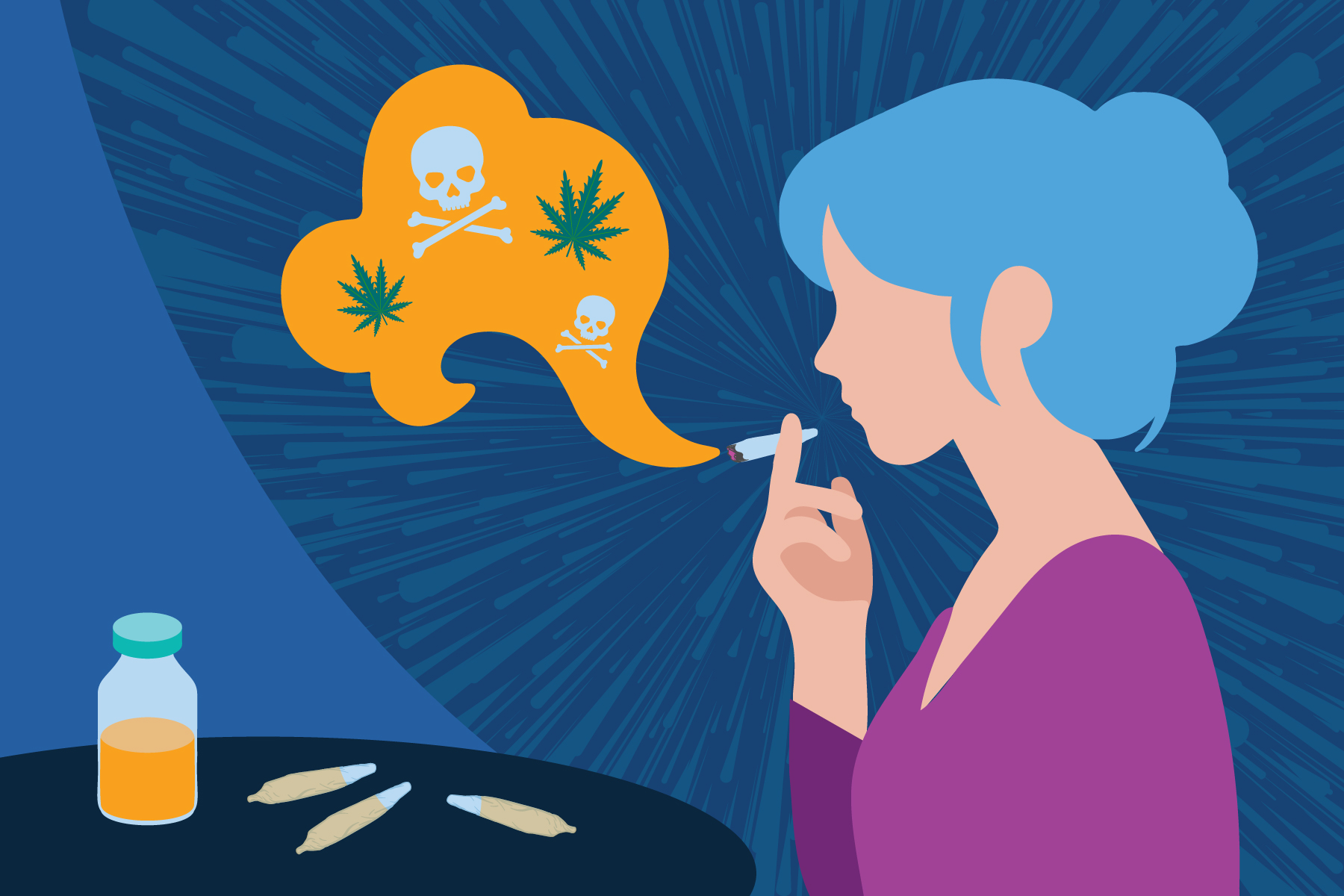Medical detox is the process of getting rid of toxins in your body due to alcohol or drug abuse with the help of medical professionals.
Detox with medical supervision occurs in an inpatient facility. During medical detox, you will stay at an inpatient facility to stay safe and away from triggers for alcohol or drug abuse. You can expect medical detox to take about one week.
When you go stop alcohol or drug use, your body will go through the detoxification process. As your body detoxifies, you might have withdrawal symptoms as your body adjusts to no longer having drugs or alcohol.
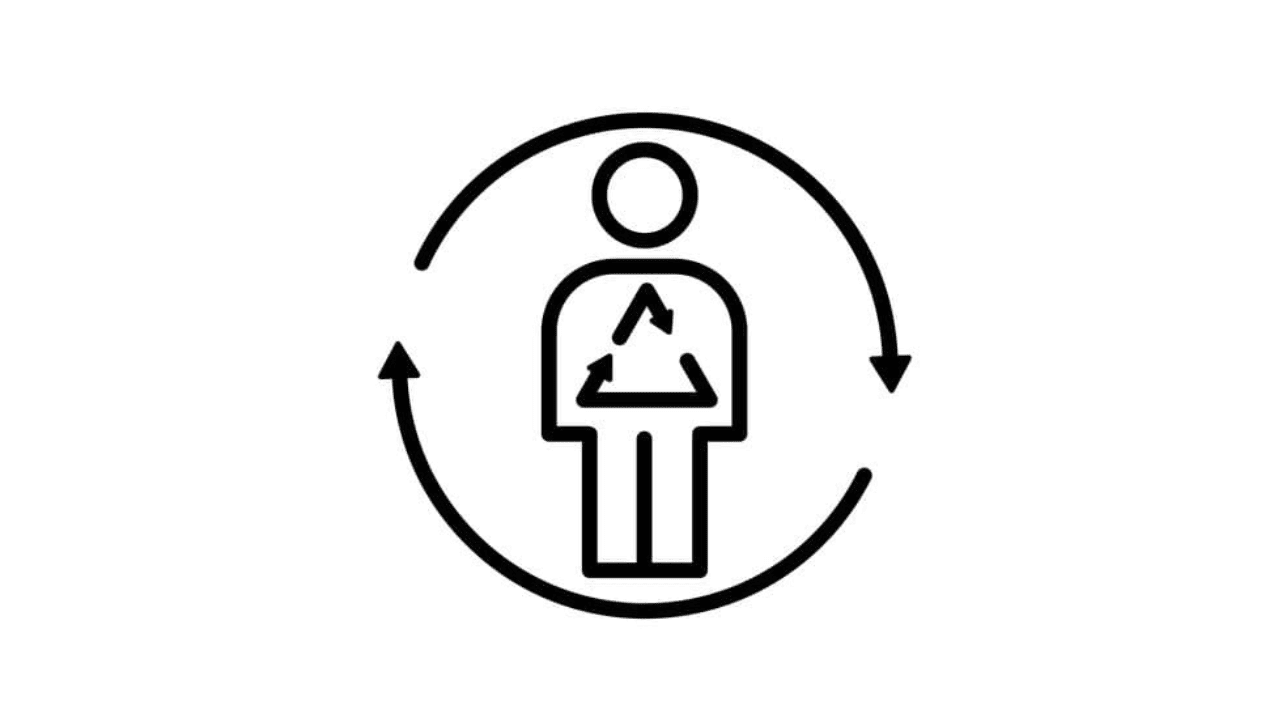
Detox is a necessary first step for long-term sobriety and addiction recovery.
Medical detox is often offered at substance abuse treatment centers. For success with ongoing treatment, your body needs to eliminate the harmful toxins from drugs and alcohol abuse. These chemicals influence the way that your brain and body function.
Medical detox is considered a short-term, inpatient stabilization service to prepare you for long-term addiction treatment.
As the toxins leave your body, you might have withdrawal symptoms as you adjust to sobriety. Your body expects to get harmful substances and goes into withdrawal when you stop using. You will experience intense cravings and risk relapsing during detox.
Cravings and withdrawal symptoms can lead you to go back to using drugs or alcohol. During medical detox, you will not have access to substances when your withdrawal symptoms get intense.
Withdrawal symptoms can be uncomfortable, painful, and might even be life-threatening.
Medical detoxification is vital because you might struggle with your symptoms of withdrawal. While under medical supervision, you can detox safely with professionals helping you through the process.
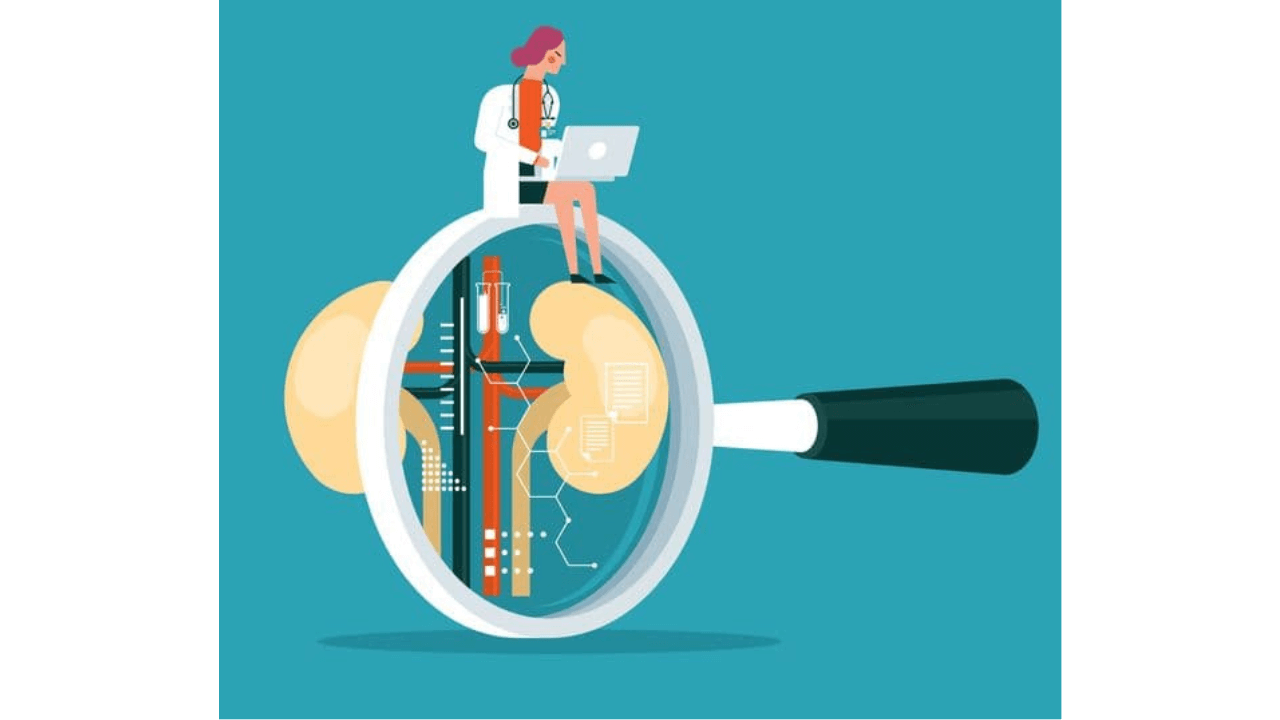
Can I Detox From Drugs Or Alcohol ‘Cold Turkey’ Without Inpatient Treatment?
If you detox from drugs or alcohol without inpatient treatment, you might be at a greater risk of relapse, severe withdrawal symptoms, overdose, or death.
Detox from drug or alcohol addiction can be a serious medical concern. In some cases, without support from medical professionals, the detox process can be life-threatening.
When you go to inpatient detox at a treatment center, you get some of the following benefits:
- Support from peers and clinicians
- Medical supervision for withdrawal symptoms
- Avoid relapse without access to drugs or alcohol in the facility
- Medication-assisted treatment (MAT) to help with severe symptoms of withdrawal
- Transition to inpatient or outpatient alcohol or substance abuse treatment
If you or a loved one are thinking about detox, you should consider going to a substance abuse treatment center. After detox, you can continue alcohol and drug rehab as you begin long-term addiction recovery.
How Can I Find A Medical Detox Program Near Me?
You can talk to your healthcare provider or search online for a medical detox program near you.
Your healthcare provider can make a referral for a medical detox program near you. Since alcohol and substance abuse are considered health issues, your insurance might pay for some or all of the costs.
You want to be sure that the facility is licensed or accredited. In some states, a license is not required to operate. When a detox facility is accredited or licensed, they are held to a higher standard.
Questions to ask your healthcare provider about medical detox programs:
ARE THEY ACCREDITED OR LICENSED BY THE STATE?
- Organizations like The Joint Commission only give accreditation to programs that operate under strict guidelines.
- States also provide licenses for detox and drug rehab centers to hold them accountable for following guidelines.
- Many states consider accreditation as part of the licensing process. A detox program might have a pending license from the state yet have a valid accreditation.
WHAT TYPES OF ADDICTIONS DOES THIS PROGRAM HELP WITH?
- Detox from alcohol or opioids can be different than detox from stimulants or prescription drugs.
- Depending on the substance you use, the program might have different options for you or a loved one.
HOW LONG IS THE DETOX PROGRAM?
- Detox is an inpatient service, meaning you need to live in the facility during treatment.
- Most detox programs last about a week, as most substances will leave your body within that time.
- If you struggle during detox or need more time, be sure that the facility can offer extensions ahead of time.

DOES THE FACILITY HAVE MEDICATION-ASSISTED TREATMENT (MAT)?
- MAT is an approach that uses both medications and behavioral health treatment to help you manage withdrawal.
- MAT can prevent severe withdrawal symptoms, help you stay sober, and help with underlying mental health issues.
- Due to the potential for severe withdrawal, MAT can be helpful for those with alcohol or opioid use disorder.
- If you use MAT to stay sober, you might need to go to a clinic daily for medications like methadone after medical detox.
CAN YOU GO INTO INPATIENT REHAB RIGHT AFTER DETOX?
- Some medical detox programs only offer stabilization. You might need to enter another facility to continue treatment after you are stable.
- Many drug and alcohol rehab centers offer medical detox as the first stage of addiction treatment.
- You might want to consider a facility that offers aftercare following detox, like inpatient rehab or outpatient therapy.
- If the detox facility does not have aftercare services, make sure you plan to continue treatment at another facility after detox.
DOES THE FACILITY HELP WITH CO-OCCURRING DISORDERS?
- Alcohol and substance use disorders often co-occur along with other underlying mental health and medical conditions.
- You might be using opioids to deal with chronic pain from a physical health issue and need medical care during treatment.
- You might also have an underlying mental health concern like depression, anxiety, or trauma. A co-occurring mental health and substance use disorder is called a “dual diagnosis.”
- If you have a co-occurring disorder or dual diagnosis, be sure that your detox program can help you manage these symptoms. Mental health and medical issues might intensify during withdrawal.
Most detox facilities will help you with your medical conditions and provide aftercare services to continue your treatment. However, if you cannot find a facility near you that offers these services, you might need to look outside of your area.
You might not have the option to go to detox near you if the program you need is not nearby. Check with your insurance carrier about costs for going out of your area. You can also contact the facility about financial aid and payment options.
Find A Licensed Detox Center Near You

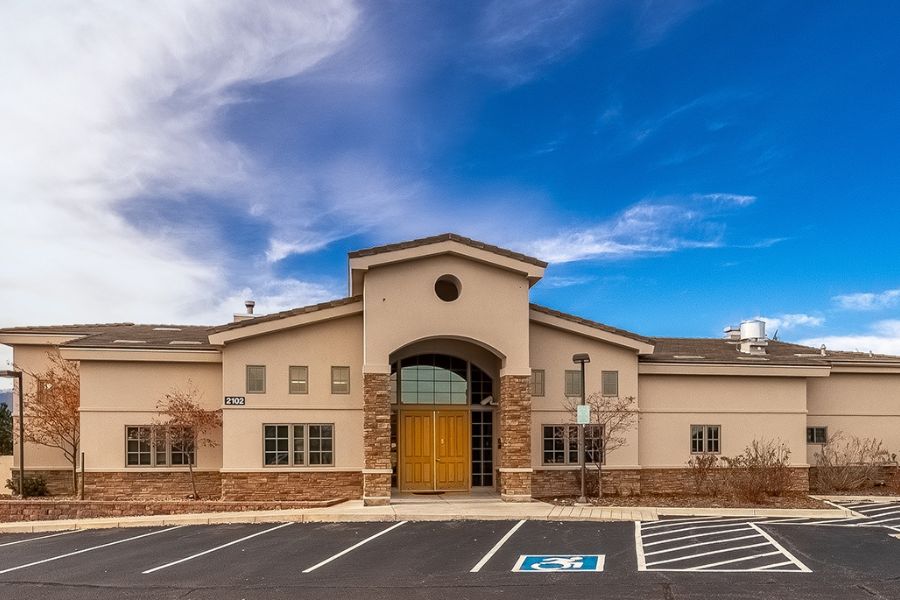
Colorado Springs Detox Center
2102 University Park Blvd, Colorado Springs, Colorado, 80918
(888) 850-1890How Long Do Withdrawal Symptoms Last?
Withdrawal symptoms can last from a few weeks to several months, depending upon your substance use and underlying medical conditions.
The worst symptoms of withdrawal should only last a few days. During the first few days of detox, you go through the worst of it. Your body is still reacting to the change, and you need time to adjust.
Some substances take longer to detox fully than others. Withdrawal symptoms might last longer if you use a mix of substances, use hard drugs, or drink heavily. In addition, when your addiction has been going on for a long time, withdrawal might last longer.
Most withdrawal symptoms will peak within about one to three days and last about a week.
While detox and managing withdrawal is vital, long-term addiction recovery might require further treatment. You might still have cravings following detox. Untreated mental health issues can also put you at risk of a relapse.
After medical detox, it is best to get into an alcohol or substance abuse treatment facility to continue learning to manage underlying issues and stress. That way, you can maintain your sobriety long after detox.
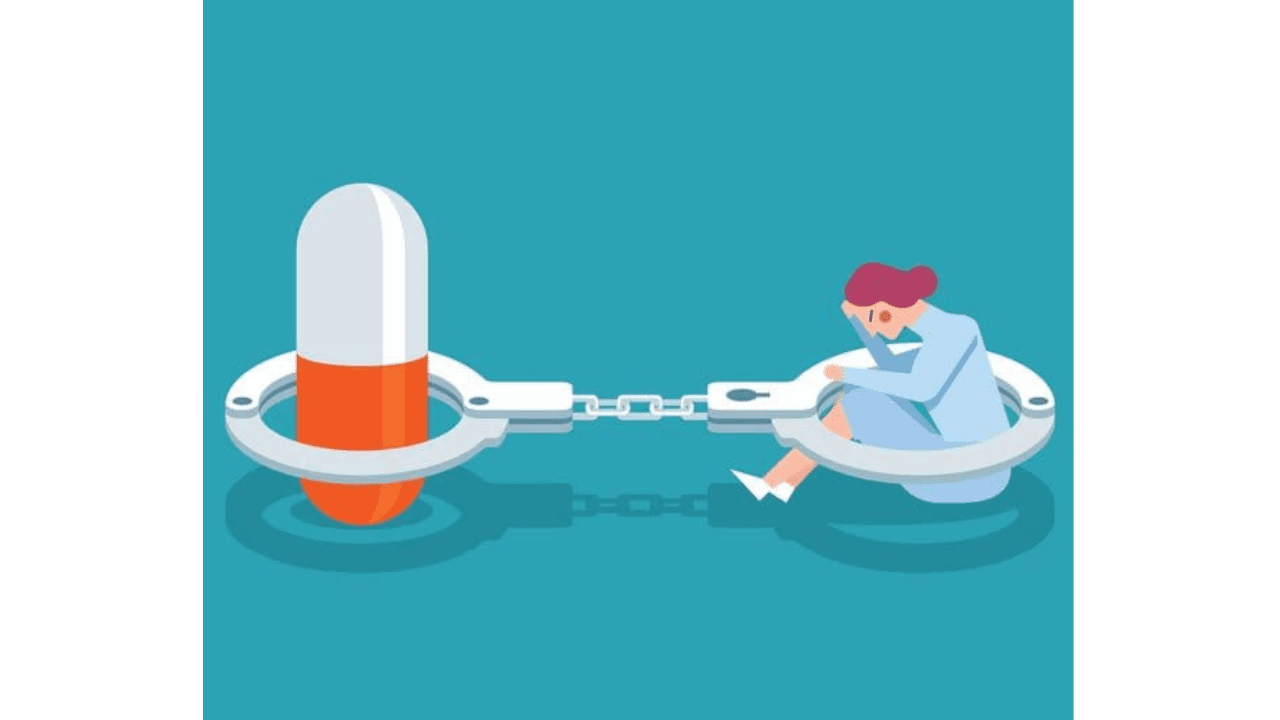
What Medications Can Help During Detoxification?
Your treatment team might recommend medications to help you during detoxification with medication-assisted treatment (MAT).
The Substance Abuse and Mental Health Services Administration (SAMHSA) defines MAT as “the use of medications, in combination with counseling and behavioral therapies, to provide a ‘whole-patient’ approach to the treatment of substance use disorders.”
Medications used during detox can offer you some of the following benefits:
- Reduce the risk of relapse during detox from alcohol or opioid use disorders
- Prevent overdose if you do relapse
- Take the edge off during the early stages of addiction treatment
- Help to provide some relief during the detox process
- Relieve withdrawal symptoms like anxiety, restlessness, or depression
MAT is primarily used to treat opioid dependence and addiction. However, due to the severity of alcohol withdrawal symptoms, the Food and Drug Administration (FDA) has approved MAT medications for alcohol addiction as well.
FDA-approved medications used during detoxification for alcohol and opioid addiction include:
-
Acamprosate
- Used for alcohol addiction
- Does not stop withdrawal symptoms but helps to prevent relapse
-
Disulfiram
- Can help you remain sober by producing unpleasant effects when combined with alcohol
- Helps to prevent relapse when used after the first 12 hours of detox
-
Naltrexone
- Used for both opioid and alcohol addiction
- Blocks the euphoric effects of opioids and alcohol in the brain
-
Buprenorphine
- Helps to treat opioid addiction by reducing and suppressing cravings
- Sometimes combined with naloxone and branded as “Suboxone“
-
Methadone
- Reduces cravings for opioids and eases withdrawal symptoms
- Blunts or blocks the euphoric effect of opioids
-
Naloxone
- Used in emergencies to reverse an opioid overdose
- Sometimes combined with other medications as a form of MAT
Other drugs, like cocaine and methamphetamine, don’t have FDA-approved medications for detox. Other medications might be used to help you with issues like anxiety and depression.
You might be prescribed benzodiazepines, like Valium, Xanax, or Klonopin to help with these symptoms.
You might feel depressed, anxious, or overwhelmed as you go through the detox process. You might also feel restless and have insomnia during detox. Benzodiazepines and other sedatives can help.
Since benzodiazepines can also be addictive, your healthcare professional might proceed with caution.
When considering medications, you want to weigh the costs and benefits. Some side effects of these medications can be unpleasant. However, they might be needed if you struggle to detox due to severe withdrawal symptoms.
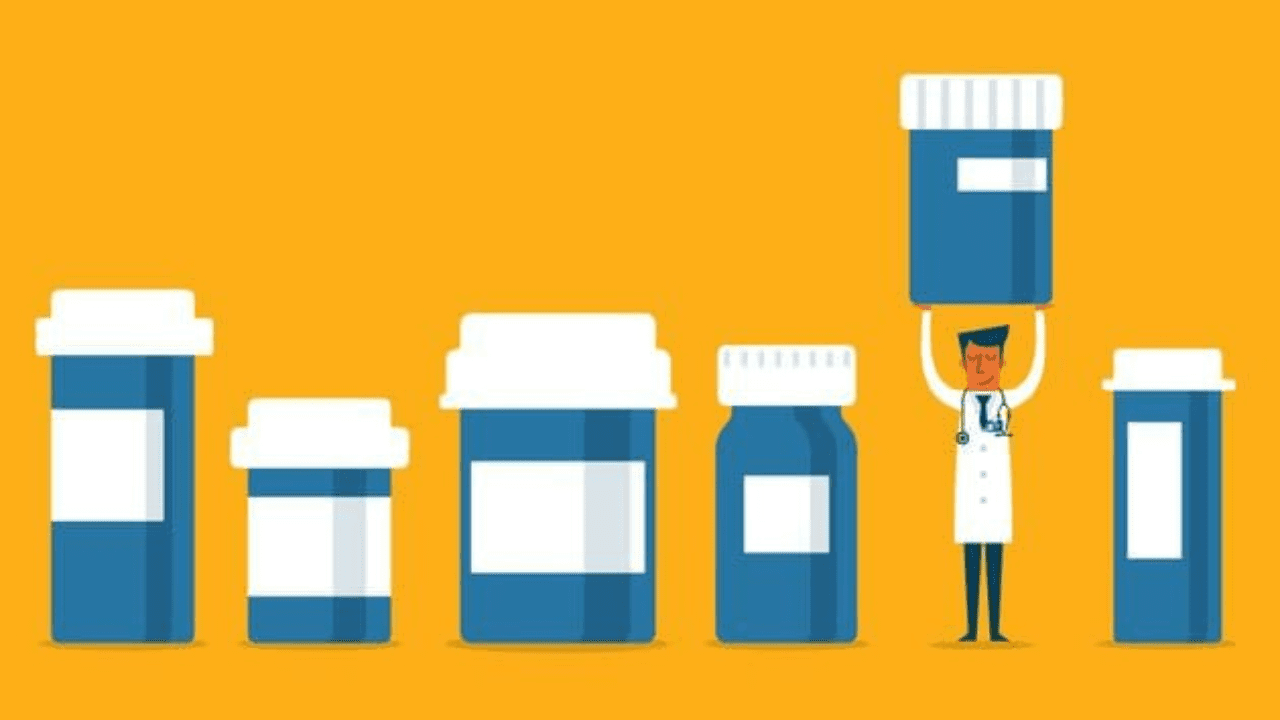
What Is Alcohol Detox Like?
Alcohol detox can vary depending on factors unique to you and your addiction.
Detox from alcohol abuse usually takes about a week. During that time, you might feel a range of symptoms, from mild discomfort to severe withdrawal. Severe symptoms are more likely to occur if you have been drinking heavily for a long time.
According to MedlinePlus, “Alcohol withdrawal occurs most often in adults. But, it may also occur in teenagers or children.”
If your teen drinks heavily or uses other substances with alcohol, they are more likely to have withdrawal symptoms during alcohol detox. Inpatient detox can help them manage these symptoms safely and reduce the risk of relapsing.
Withdrawal symptoms usually appear about eight hours after your last drink. These symptoms peak within about one to three days and generally last about a week. You might continue to have cravings after detox, though they should be less intense.
Cravings for alcohol might be more intense at first. You might struggle to manage triggers, even after detox. However, the worst of your withdrawal symptoms should be over when you leave the detox facility.
Common alcohol withdrawal symptoms include:
- Anxiety and depression
- Fatigue and sleeping issues
- Increased irritability and mood swings
- Trouble thinking clearly
- Feeling “jumpy” or shaking
- Rapid heart rate and high blood pressure
- Sweating and clammy skin
- Nausea, vomiting, and loss of appetite
- Headache
If you drink heavily and frequently or have other medical conditions, you might have severe withdrawal symptoms called “delirium tremens,” which include:
- Fever
- Hallucinations and delusions
- Seizures
- Severe confusion
Delirium tremens can be life-threatening. If you are concerned that your loved one will have severe withdrawal symptoms, it would be best to have them go through medical detox. During medical detox, clinicians can help through these life-threatening symptoms.
Detox treatment at an accredited facility will provide you or your loved one with the best care to manage withdrawal symptoms safely.
In addition, the alcohol detox process might include medication-assisted treatment (MAT). During MAT, you get both behavioral health therapy and medications to ease withdrawal symptoms.
The FDA has approved the following medications to help with alcohol withdrawal symptoms:
- Naltrexone
- Acamprosate
- Disulfiram
A complete alcohol detoxification program might include peer support and mental health treatment in addition to medical professionals. After inpatient detox, it is best to consider entering a rehab center to continue treatment.
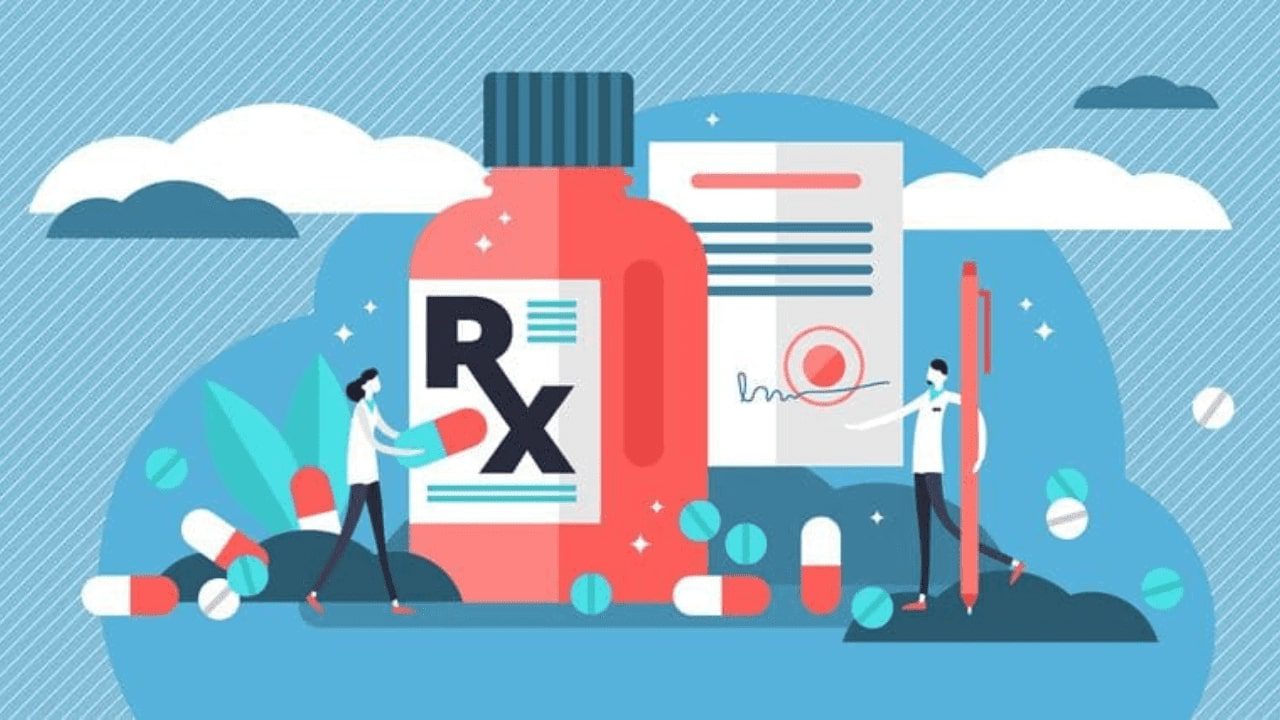
What Does Detoxification For Opioids Look Like?
Detox for opioids can be painful and sometimes deadly when you attempt to detox alone without medical professionals.
Opioids are a class of drugs that include both natural and synthetic opioids. Natural opioids (also called opiates) include morphine, codeine, and heroin. Synthetic opioids like fentanyl work similarly by binding to opioid receptors in the brain.
Opioids include illegal drugs like heroin and prescription pain medications like Vicodin, Oxycontin, and morphine. Many people with opioid addiction began by misusing prescription opioids.
According to the National Institute on Drug Abuse (NIDA), “2.14 million people ages 12 and older had an opioid use disorder in 2016, including 153,000 12- to 17-year-olds.”
If you or a loved one have an opioid addiction, it is best to get treatment at a medical detox center. Opioid withdrawal can be life-threatening. You might relapse if you attempt to quit “cold-turkey” on your own, which can lead to an overdose.
According to MedlinePlus, opiate and opioid withdrawal symptoms include:
- Anxiety and agitation
- Trouble sleeping
- Runny nose and muscle aches
- Excessive sweating
- Nausea, vomiting, and diarrhea
During detox, you are at a high risk of relapsing due to the unpleasant withdrawal symptoms. To help prevent relapse and overdose, you might consider medication-assisted treatment (MAT) during detox and afterward.
Many alcohol and substance abuse treatment centers offer MAT for detox and ongoing treatment.
MAT can help you stay sober, manage withdrawal, and help you focus on your recovery. During early recovery, you might struggle to focus on your treatment due to cravings or other symptoms following detox.
With MAT, you can focus on learning new coping skills, like getting peer support or managing mental health issues. You might take medications for months or years after detox while gradually tapering off as you learn new skills and get better.
The FDA has approved the following medications as part of MAT for opioid use disorder:
- Methadone
- Naltrexone
- Buprenorphine
Naloxone, or “Narcan,” can be used during emergencies to prevent an overdose. Some brand-name drugs, like Suboxone, combine buprenorphine with naloxone as part of MAT.
Addiction treatment for opioids can be a long-term process.
To stay sober, you might need to enter a treatment program at a residential rehab facility. Many of these facilities offer aftercare services, like outpatient treatment, to help you or a loved one after medical detox and inpatient rehab.
Medical detox at an accredited drug and alcohol rehab treatment center is vital for you or a loved one to succeed in long-term addiction recovery. Sandstone Care is here for teens and young adults with mental health and substance use disorder. Call (888) 850-1890.

